In the realm of superhero stories, Marvel's latest addition, “Echo,” emerges not only as an exciting new chapter in the Marvel Cinematic Universe but also as a cultural milestone for Native Americans.
As the ethereal flames of the Choctaw Nation dance in the background, the show introduces us to a Native American actress who breathes life into the character of Maya Lopez, known as Echo. In a groundbreaking move, Marvel has collaborated closely with the Choctaw Nation, bringing authentic Native American perspectives to the forefront of the storyline.
The Power of Native Representation
At the heart of “Echo” is the incredible performance of a Native American actress, whose portrayal of Maya Lopez adds depth and authenticity to the character. This not only marks a significant moment for representation in the superhero genre but also serves as an acknowledgment of the rich storytelling traditions embedded in Native cultures. The show weaves together elements of Native identity and mythology, offering a refreshing departure from mainstream narratives.
Choctaw Nation's Involvement in Production
Marvel's commitment to cultural authenticity is further underscored by its collaboration with the Choctaw Nation in the production of “Echo.” This partnership ensures that the narrative is not only respectful but also reflective of the Choctaw heritage. The involvement of the Choctaw Nation lends an additional layer of credibility to the show's portrayal of Native American culture, reinforcing the importance of genuine collaboration in bringing diverse stories to the forefront.
Adding another layer of cultural significance to “Echo” is the groundbreaking decision to dub the series in Choctaw. Marvel's commitment to authenticity extends beyond visual representation to the auditory realm, as Choctaw becomes the language through which the narrative unfolds. This bold move not only celebrates the linguistic diversity of Native cultures but also fosters a deeper connection between the show and the Choctaw community. The decision to provide a Choctaw-dubbed version is a step toward preserving and promoting indigenous languages, inviting viewers to experience the superheroic journey through the lens of a language that has been a part of the Choctaw Nation's heritage for generations. This linguistic inclusion not only enhances the cultural immersion of the show but also sets a precedent for future endeavors in the entertainment industry to embrace and respect indigenous languages.
A Sneak Preview at the Choctaw Pow Wow
I was fortunate to attend the premiere of “Echo” at the Choctaw Pow Wow in November. Watch my spoiler-free review of the first 3 episodes!
Marvel's Echo – A New Chapter in Native Representation
“Echo” stands not only as a triumph in Native American representation but also as a testament to Marvel's dedication to telling diverse and authentic stories. The collaboration with the Choctaw Nation has elevated the show, ensuring that it serves as a cultural bridge, connecting audiences with the rich tapestry of Native traditions.
As the credits roll, one can't help but wonder: how might this newfound commitment to diversity reshape the landscape of superhero storytelling, and what other cultures might find their voices amplified in the Marvel Cinematic Universe?
Echo Star – Alaqua Cox
Catch Up On Marvel News
Last Updated on January 18, 2024 by Paul G
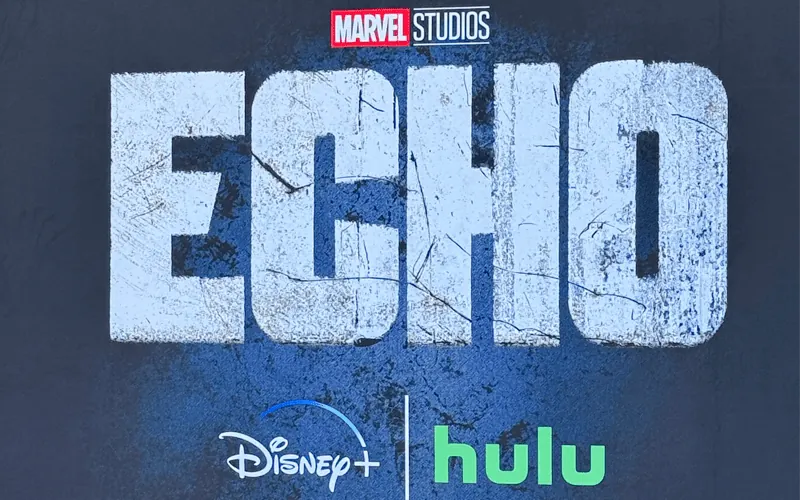
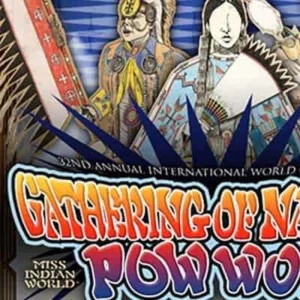
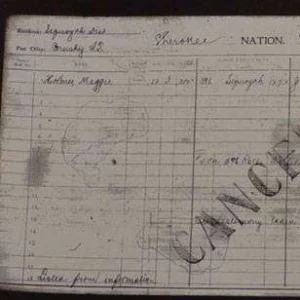
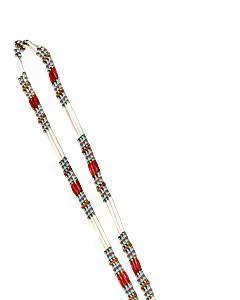
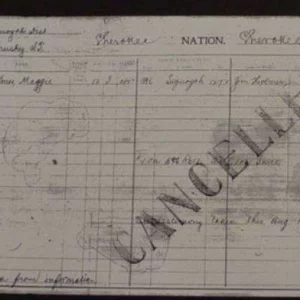
Xan
says:I noticed the article that mentioned about Maya Lopez as a Native American but did not mention about her being Deaf and also disable due to prosthetic leg. This is the reason why Deaf people struggled to have recognition among the hearing people in all society. Deaf people do have Deaf culture and about 20% of them are Native Americans. They cried out needing help to understand their tribal cultures for many years yet, they’re often marginalized because of the stigma. Thinking Deaf children cannot prosper. These Deaf children do prosper if the parents are willing to speak in sign language (whether it’s Native American “PISL – Plain Indian Sign Language” or American Sign Language) with them. Then the community will be even greater to involve in their heritage through powwows, weavings, beadworks, jewelries, dreamcatchers, peace pipes, etc. My Deaf wife is part Choctaw, her father is Deaf and an enrolled Choctaw. They showed their pride of being a Choctaw. They want to see Deaf people to thrive as being part of the Native American. We’re hoping to unite with all Native Americans to sign with each other in Native American Sign Language.
Paul G
says:You are right, I should have included more info about that. I’ve edited the article. Thanks!
Bibi Lopez
says:Echo is also a resounding victory for the deaf community and the physically challenged community. She represents a triple minority and yet she overwhelmingly triumphs in her world. I feel uplifted and such hope for the continued focus on stories like Echo. I’m grateful for the focus on Native cultures and additionally for light that shines on the deaf and “disabled “ people whose stories are so often ignored.